Bitcoin 2025 Vietnam: 7 Honest Answers to the Most-Asked BTC Questions
April 9, 2025
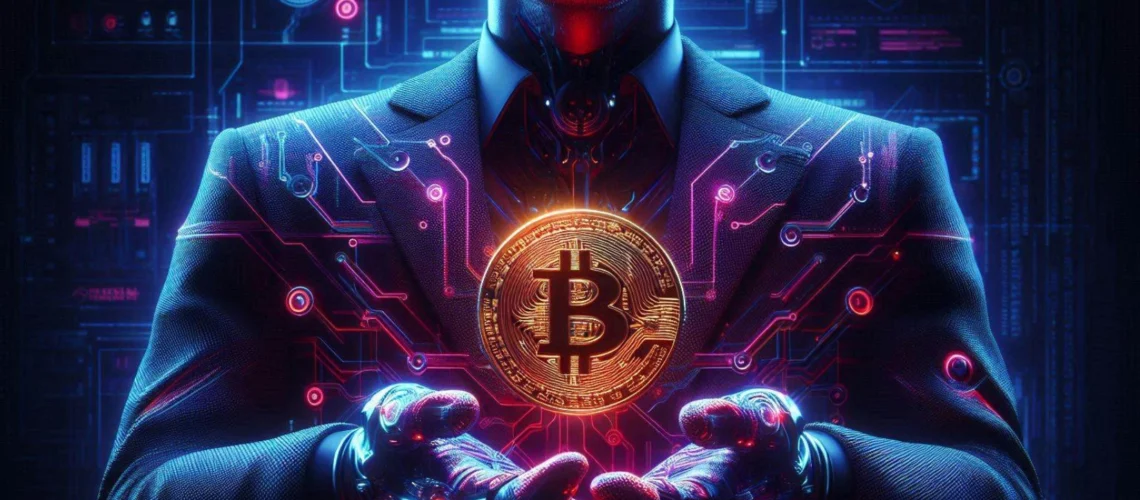
Bitcoin 2025: 7 Burning Questions About BTC’s Future Answered
Here we are in Bitcoin 2025 Vietnam, and whether you love it, hate it, or totally forgot your seed phrase, BTC is still the heart of the crypto conversation here. It’s no longer the flashiest coin—true—but in Vietnam, it’s arguably the most trusted.
While other blockchains are busy with DeFi games, AI tokens, and Web3 hype, Bitcoin in Vietnam just keeps doing Bitcoin things.
But people in Vietnam still have real questions. Is Bitcoin still relevant here? Is it safe? Is it practical for payments? What’s the BTC price forecast this year for Vietnamese investors?
Let’s unpack 7 real, frequently asked Bitcoin questions in Vietnam—and get to the bottom of where BTC really stands in 2025.
1. Is Bitcoin Still Relevant in 2025?
Definitely.
Bitcoin might not dominate Vietnamese crypto headlines like it did during the 2017 and 2021 bull runs, but that doesn’t mean it has faded into irrelevance. In fact, in 2025, Bitcoin is more deeply woven into Vietnam’s financial ecosystem than ever.
Bitcoin has become a serious asset for both retail investors in Ho Chi Minh City and institutional players in Hanoi. Vietnamese tech startups, local investment funds, and even small family businesses are holding Bitcoin as part of their portfolios.
In Vietnam, Bitcoin is now often compared to digital gold or prime real estate—a hedge against inflation and currency risk, especially after the Vietnamese dong’s gradual devaluation in recent years.
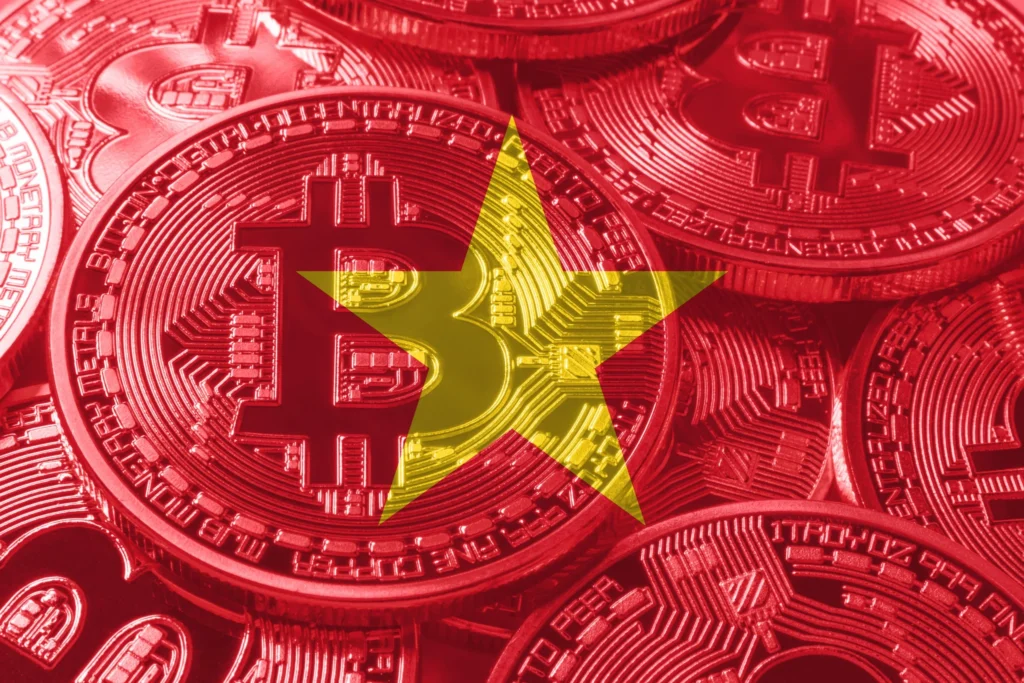
2. What’s the BTC Price Forecast in Vietnam in 2025?
This is still the top question in Vietnam’s crypto circles. Depending on who you ask—from university traders in Da Nang to professional investors in Saigon—the BTC price forecast in Vietnam ranges widely.
Some predict it’ll hover around 1.8 to 3.5 billion VND per Bitcoin (~$75K to $150K USD) in 2025.
The launch of global Bitcoin ETFs and Vietnam’s increasingly open stance on crypto regulation have helped stabilize Bitcoin’s image here.
But Vietnamese investors are cautious. After living through the rise and fall of Axie Infinity and various local play-to-earn projects, most now see Bitcoin as a long-term store of value, not a quick lottery ticket.

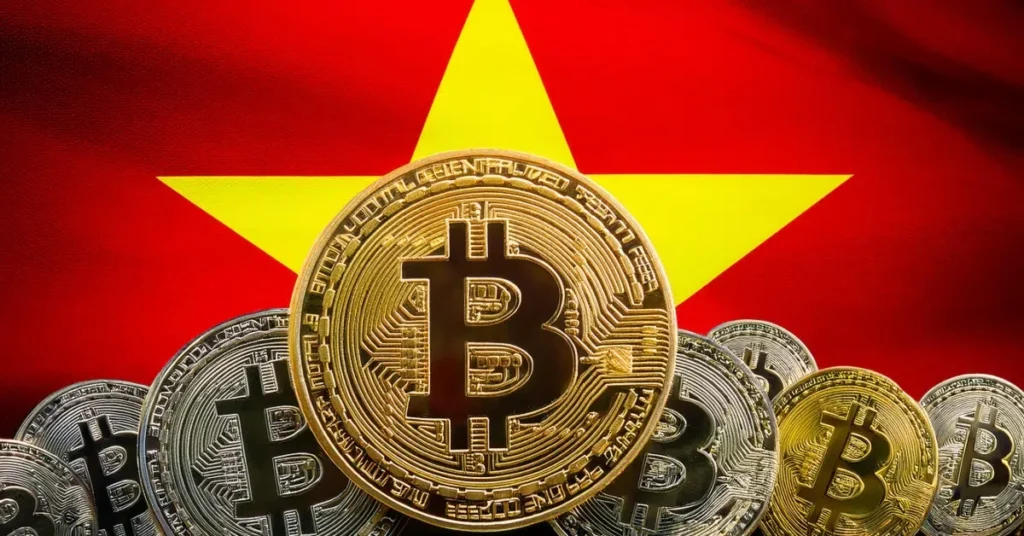
3. Why Hasn’t Bitcoin Been Replaced in Vietnam?
Vietnam is one of the most crypto-savvy countries in the world. Vietnamese investors were quick to explore newer chains like Solana, Polygon, and even meme coins on BNB Chain.
So why hasn’t Bitcoin been dethroned here?
The answer is simple: Trust.
Bitcoin’s security, neutrality, and predictable supply make it uniquely appealing in Vietnam, especially to people concerned about inflation, currency devaluation, and financial instability.
In Vietnam, Bitcoin’s lack of founders, lack of marketing hype, and lack of centralized control have become its greatest strengths.
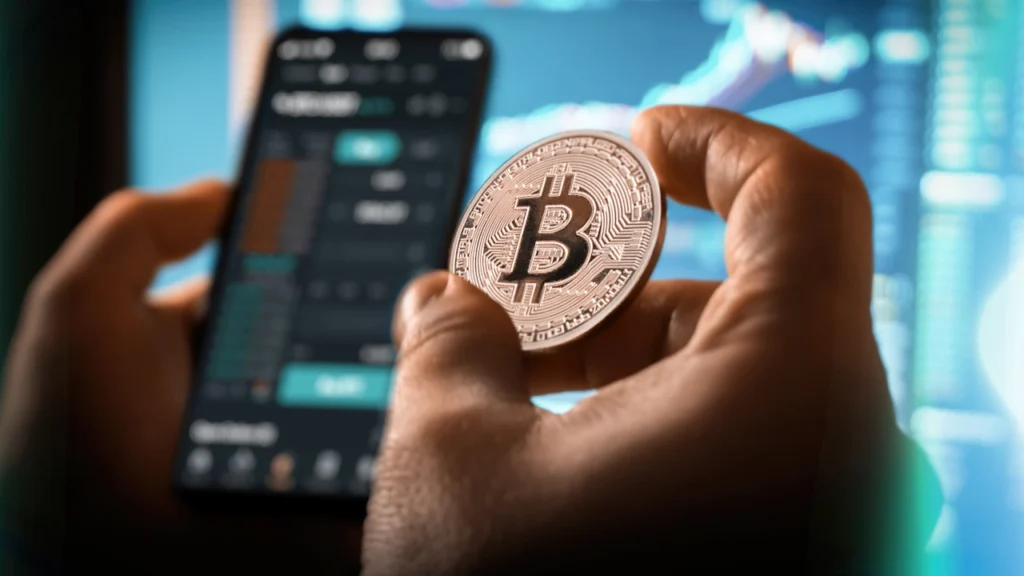
4. Are People Still Using Bitcoin for Payments in Vietnam?
Yes—more than ever, especially in sectors where cross-border transactions and high fees are a problem.
- Freelancers in Vietnam now regularly accept Bitcoin for overseas contracts, avoiding slow and expensive banking processes.
- Some cafes in Ho Chi Minh City’s District 1 and Hanoi’s Old Quarter quietly accept Bitcoin via the Lightning Network for fast, nearly fee-less payments.
- Vietnamese travelers use Bitcoin for cross-border payments in Cambodia, Laos, and Thailand, where banking restrictions are still challenging.
Vietnamese payment apps like VNDC Wallet and Momo don’t officially support Bitcoin payments yet, but the infrastructure is expanding via peer-to-peer networks and specialized crypto wallets.
That said, most middle-class and wealthy Vietnamese still see Bitcoin as a store of value rather than daily money. But payment adoption is growing steadily.

5. Is Bitcoin Still the Safest Crypto for Vietnamese Investors in 2025?
Yes. Bitcoin remains the most secure and most trusted crypto asset in Vietnam.
Vietnamese crypto communities have seen enough rug pulls, exchange hacks, and the collapse of overhyped altcoins to know that security matters.
Bitcoin’s network has never been hacked, its supply is capped, and it’s backed by the largest mining ecosystem in the world.
Even major Vietnamese crypto platforms like Remitano and Coinhako Vietnam consistently list Bitcoin as their most trusted digital asset.
In Vietnam, simplicity is no longer a weakness. Bitcoin doesn’t try to do everything. It just works—and people trust that.
6. What About Bitcoin’s Energy Use in Vietnam in 2025?
The energy debate has changed in Vietnam.
The country has rapidly expanded its renewable energy grid, particularly solar and hydroelectric power. Vietnamese Bitcoin miners in the northern provinces are tapping into surplus hydropower, and some central regions are integrating low-cost solar energy for mining.
There’s even growing interest in using flare gas from Vietnam’s oil and gas industry to power Bitcoin mining—a sustainable practice that has already taken off in the U.S.
Vietnam’s media and environmental regulators continue to monitor Bitcoin’s energy consumption, but the “Bitcoin is killing the planet” narrative carries less weight here now.
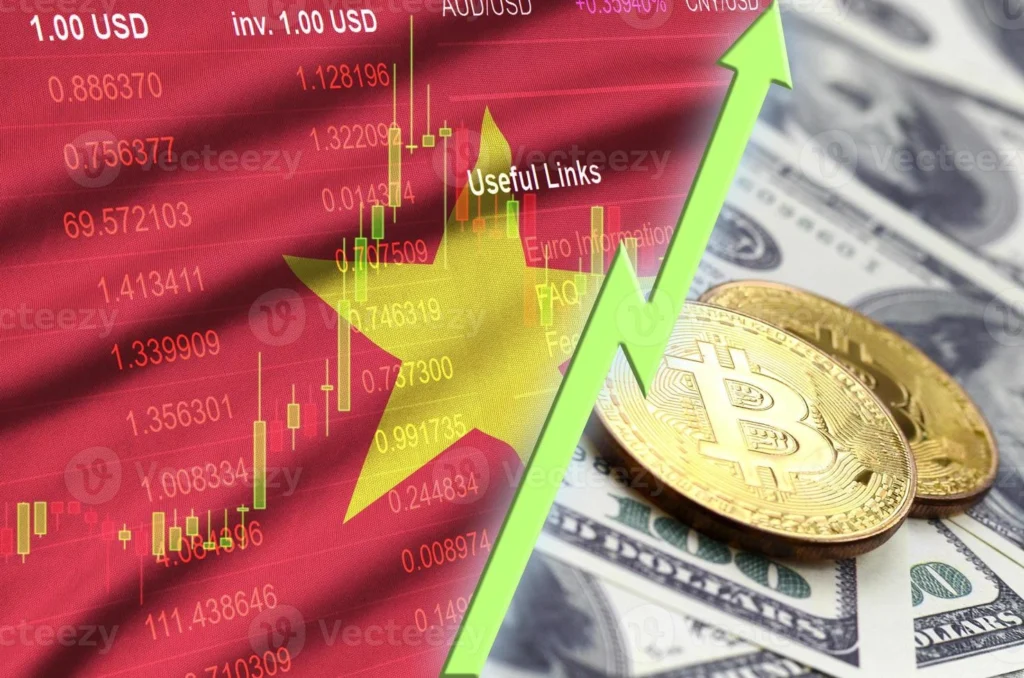
7. Will Bitcoin Still Lead in Vietnam in 2030?
That’s the big question. But in 2025, Bitcoin still anchors Vietnam’s fast-moving crypto landscape.
Vietnamese investors love to experiment with DeFi, Web3, and the next big altcoin, but when it comes to long-term wealth storage, cross-border remittance, and macro-level trust, Bitcoin is still the leader.
Maybe Ethereum or Vietnam’s own blockchain projects will take center stage by 2030. But Bitcoin isn’t competing to be trendy. It’s playing the long game. It’s slow, it’s simple, and in a volatile market, that’s its strength.
In Vietnam, Bitcoin in 2025 isn’t just a speculative asset—it’s becoming part of the system.
And that might be its most powerful role yet.

